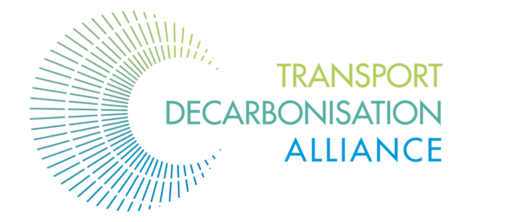Rotterdam’s covenant on a zero emission zone for city logistics by 2025
A 3C’s collaboration best practice

Reducing emissions from transport is a crucial part of Rotterdam’s commitment to achieve its climate goals. For many years, this Dutch city has been piloting low and zero emission city logistics (ZECL) projects and the incorporation of them into the country’s national climate agreement.
On December 1st, the city’s vice mayor for Mobility, Ms. Judith Bokhove, took the lead to set up a covenant for the introduction of a zero emission zone for city logistics by 2025. The document was signed together with fifty-six companies and organisations. The covenant partners cover almost the entire landscape of city logistics: shippers and receivers of goods, transport and logistical services, vehicle manufacturers, financial service providers, and almost all logistical actors.

This Covenant highlights Rotterdam’s best practice to gather the three C’s (Countries, Cities and Companies) to work together on transport decarbonisation.
Steps and necessary transitions on Rotterdam’s new covenant:
Together, the covenant partners have embarked on a long journey, which they know will be uphill and which will require stamina. Each of the partners, including the city itself, has pledged to carry out specific actions which will contribute to the zero emission goal. These actions involve concrete steps to bring the required transitions to:
- Zero emission fleets and vehicles.
- More efficient modes of operation, e.g., by sharing assets such as vehicles, hubs and chargers.
- Efficient use of urban space, both public and private.
- Making the infrastructure for the supply of sustainable energy available: both chargers and the development of the distribution grid.
Support needed from national governments:
These four actions demand major efforts from all covenant partners and will be successful through support from higher levels of government. Netherland’s national government commitment to establish 30-40 ZECL zones is an important step. It sets a uniform and harmonised introduction of ZECL zones nationwide. The government has also announced the introduction of a subsidy scheme to support the purchase of zero emission vans and trucks. Furthermore, the availability of a sufficient supply of zero emission transport vehicles at competitive prices, and the availability of infrastructure for supplying them with sustainable energy are of crucial importance to make Rotterdam’s ZECL zone a success.
Support needed from European legislation and policies:
Not only does the Netherland’s national government have a role in Rotterdam’s new covenant, the necessary conditions are also shaped by European legislation and policies. The recently published European Sustainable and Smart Mobility Strategy – putting European transport on track for the future could be an important step ahead.
According to Rotterdam’s representatives, some of the issues in ZECL clearly cross national boundaries and it would help if EU budgets increase the available resources for trying things out in unknown territory. Two examples include harmonised development and standardisation of the infrastructure for energy supply, as well as long distance international transport of goods between cities in different countries.
This is why Rotterdam’s Vice Mayor Judith Bokhove signed the Polis Pledge, along with other cities and regional members of TDA’s partner Polis, calling upon the European Commission to mobilise Green Deal resources to support member states, their cities and companies in the covenant.
Rotterdam’s new covenant sets a great example of the impact of the power of collaboration between countries, cities and regions and this city invites other 3C’s to join them to be “successful and successful sooner” on their climate goals.
